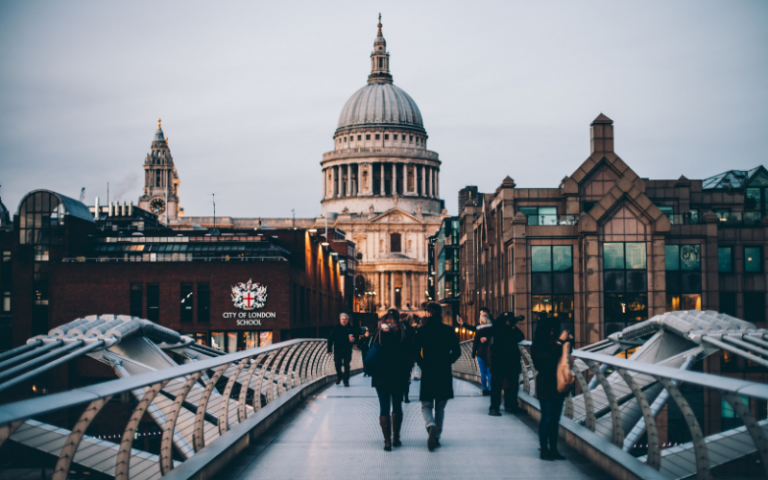Street harassment - what to do if you experience it
2 December 2020
UCL takes harassment extremely seriously – we have a zero tolerance policy and we will act robustly if this take place within our community.

Gender-based street harassment is unwanted comments, gestures, and actions forced on an individual in a public place without their consent and is directed at them because of their actual or perceived sex, gender, gender expression, or sexual orientation.
Street harassment includes unwanted whistling, leering, sexist, homophobic or transphobic slurs, persistent requests for someone’s name, number or destination after they’ve said no, sexual names, comments and demands. Harassment is about power and control and it is often a manifestation of discrimination. No form of harassment is ever acceptable; everyone should be treated with respect, dignity, and empathy.
If you experience street harassment
There are some simple tips to keep you safe if you are victim to street harassment:
- Try not to engage with strangers asking for your details on the street – do not give out your real name, address or mobile number to anyone you do not know. If you can, just ignore the person and walk away.
- If you are being followed, try to go into a shop, business or station and ask staff for help. When you are able to you can then call Police on 999 if the perpetrator is still with you, or 101 if they have now left.
- You could consider carrying a personal safety alarm so you can attract attention if you need help. You can find these on amazon or similar sites, and they are often small enough to attach to a key ring.
- Do not use dark footpaths or roads to walk down if you can avoid it. If you need to take these routes ask a friend to walk with you.
- If you are a victim of street harassment, please report to Police as soon as you feel able to, you can do this online from a place you feel safe.
- If you see the perpetrator again after the incident, and you are worried they are following you, please call 999 straight away and give the Police your location to come to you. They will be with you in minutes.
Support services available to you
You are not alone. There are a number of support services available to you should you want to speak about your experience.
Report + Support – a safe space for you to report what has happened to UCL, you can do this anonymously. The site also allows you to choose who from UCL you would like to speak to about the incident if you wish to have further support.
SU Advice Service – a free, confidential and independent advice and support service run by the Student Union.
Hate Crime Reporting Centre – confidential platform for reports of hate crimes and hate incidents, as well as an opportunity to access support from an independent advocate.
Student Support and Wellbeing – UCL services dedicated to supporting students with any matters affecting student’s wellbeing.
Crime Prevention and Personal Safety Advisor – UCL service to provide crime prevention and personal safety advice and support for students.
Suzy Lamplugh Trust – independent specialist support services for those affected by stalking and harassment.
Last revised: 8 September 2021
 Close
Close

